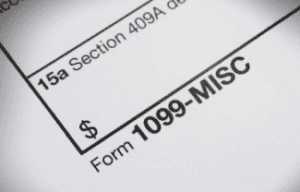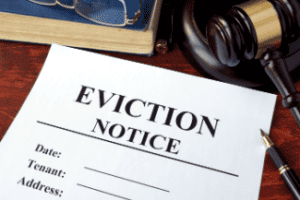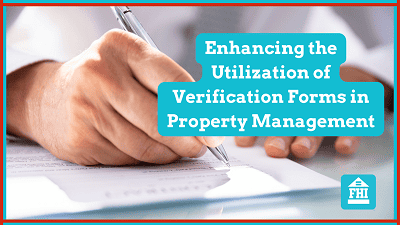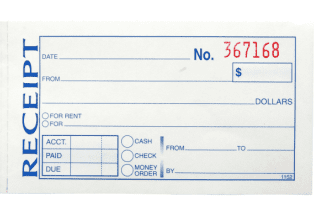Next Time, Sign a Short-Term Lease
Rent incentive not worth fallout from layoff
by Robert Griswold
Q: My husband’s company transferred us to the Chicago area in late 2008. We found a fantastic rental home in a quiet neighborhood and signed a two-year lease in February 2009. The landlord initially offered a one-year lease, but we asked and they agreed to a two-year lease. The landlord actually agreed to the first month’s rent free and a better monthly rental rate for committing to a long-term lease.
We found out a few weeks ago that my husband’s job will be adversely affected by a massive layoff at his company. We notified the landlord (it’s a privately owned home) as soon as we found out, but we will have about a year left on the lease at the time he goes off payroll. The rent is $2,300 a month. I know much will depend on the homeowner’s position, but legally is there anything we could do?
A: You are responsible for the full rent through the end of your lease or until the owner is able to re-lease the home. You may also be responsible to pay back the “free month’s rent” if the lease had an addendum or a clause that calls for the repayment of any “free rent” or concession if you do not completely fulfill your lease commitment.
While unfortunate and certainly not something that you planned or could have avoided, the fact that your husband has lost his job does not change the legal obligation you made when you voluntarily chose to sign a two-year lease. While I understand the desire to keep the rent down by making a longer-than-usual commitment to the landlord, the fact is the landlord relied upon the lease and fully expected you to meet your commitment. Hopefully, your husband will receive some severance or can find a new job in the area so that you can stay in the rental home.
It is good that you immediately contacted the landlord. You should communicate openly and always tell him or her exactly what is happening and see if he or she will voluntarily work with you. While landlords are often thought of and stereotyped in the media as uncaring or even unscrupulous people, virtually all landlords are good, honest people that will do whatever they can to work with those tenants who have paid their rent on time, treated the property properly and been good neighbors. Most landlords are aware of the challenging times we are in and will work with you, as a vacant rental home is not in the landlord’s best interest either.
When trying to come up with solutions, remember that your landlord doesn’t have to let you out of your lease, but he or she is required to mitigate or minimize your future rent obligation by making reasonable attempts to re-lease your home. Also, note that if the landlord isn’t able to re-lease the home for the $2,300 per month that you were paying, he or she could reasonably expect you to pay the difference.
For example, if the local rent market is soft and rental rates have dropped, then the landlord may be able to get a new tenant only at $2,000 per month and you would be responsible for the shortfall of $300 per month for the remaining months on your original lease. But that is still $2,000 per month better than your current obligation.
Of course, you should do whatever you can to assist the landlord in finding a new tenant. You can work with the landlord to advertise the property and allow the landlord to show the property while making sure it is as presentable as possible. Your working as a team with your landlord can be very important and likely will result in the landlord being able to re-lease the property sooner, which is ultimately in your best interests.
Your situation is all too common in the challenging economic times we face, and many people may think that there should be laws that allow tenants to just walk away from their commitment when they lose their job. But tenants aren’t the only ones suffering. Many landlords have or will lose their rental investment properties because their tenants stop paying the rent and the landlords are unable to re-lease the property.
Most landlords are not wealthy retired people with trust funds but people in our community with jobs and businesses that are also having financial difficulties. What if your landlord had lost his job and needed to find other sources of additional income? Would it then be acceptable for the landlord to attempt to violate your two-year lease and raise your rent based on their personal financial needs? Landlords and tenants need to work together now more than ever and be as reasonable and considerate as possible.
My suggestion is that with the uncertainty in our job market for most people at this time, it is better to stick with short-term leases or month-to-month rental agreements. Most landlords prefer long-term leases, but they also realize that the lease is not worth the paper it is written on if the tenant just simply cannot pay the rent.
Also, the rental market in many areas of the country is softer with high vacancies, and landlords are anxious to fill their rental units. Therefore, tenants have much more negotiating power than they often realize and should take advantage by agreeing to commit only to a short-term lease or month-to-month agreement. Or tenants may be able to negotiate a “lease break” clause that would allow them to leave under certain circumstances such as the loss of a job or a job transfer. Often these clauses will require the forfeiture of the security deposit or a minimum notice (like 60 days) but that is much better than being legally obligated under a long-term lease.
This column on issues confronting tenants and landlords is written by property manager Robert Griswold, author of “Property Management for Dummies” and “Property Management Kit for Dummies” and co-author of “Real Estate Investing for Dummies.”
E-mail your questions to Rental Q&A at [email protected]. Questions should be brief and cannot be answered individually.
Copyright 2010 Inman News
See Robert Griswold’s feature, Criminal Record Puts Squeeze on Renters.
American Apartment Owners Association offers discounts on products and services for landlords related to your real estate investment including REAL ESTATE FORMS, tenant debt collection, tenant background checks, insurance and financing. Find out more at joinaaoa.















 Accessibility
Accessibility